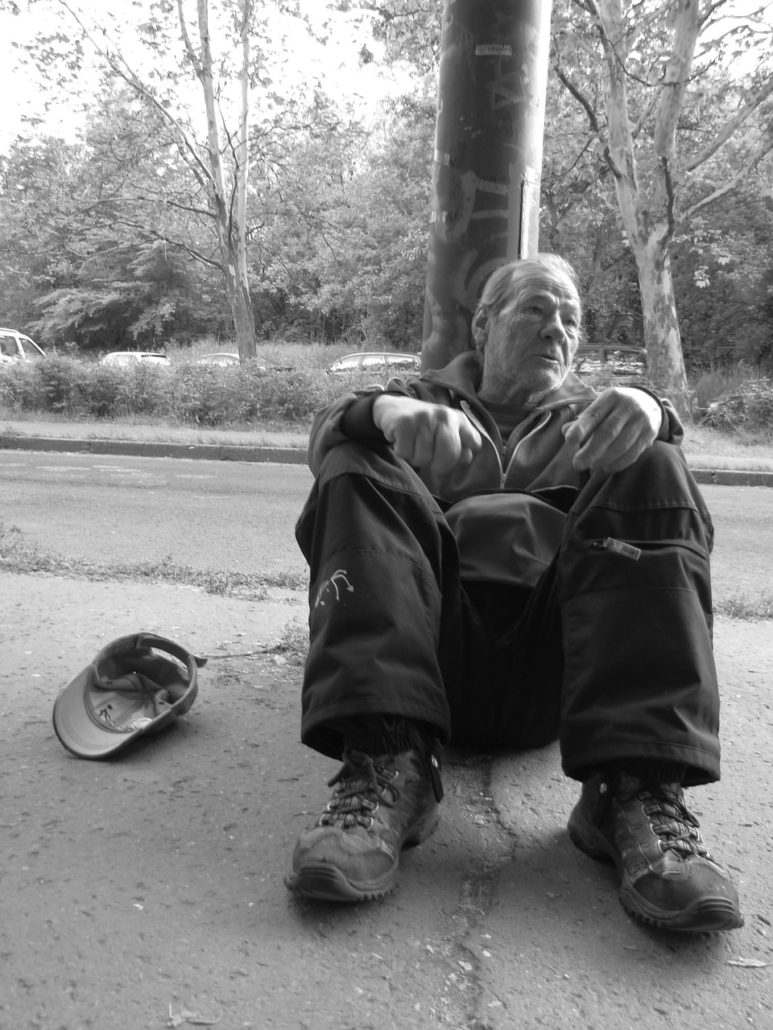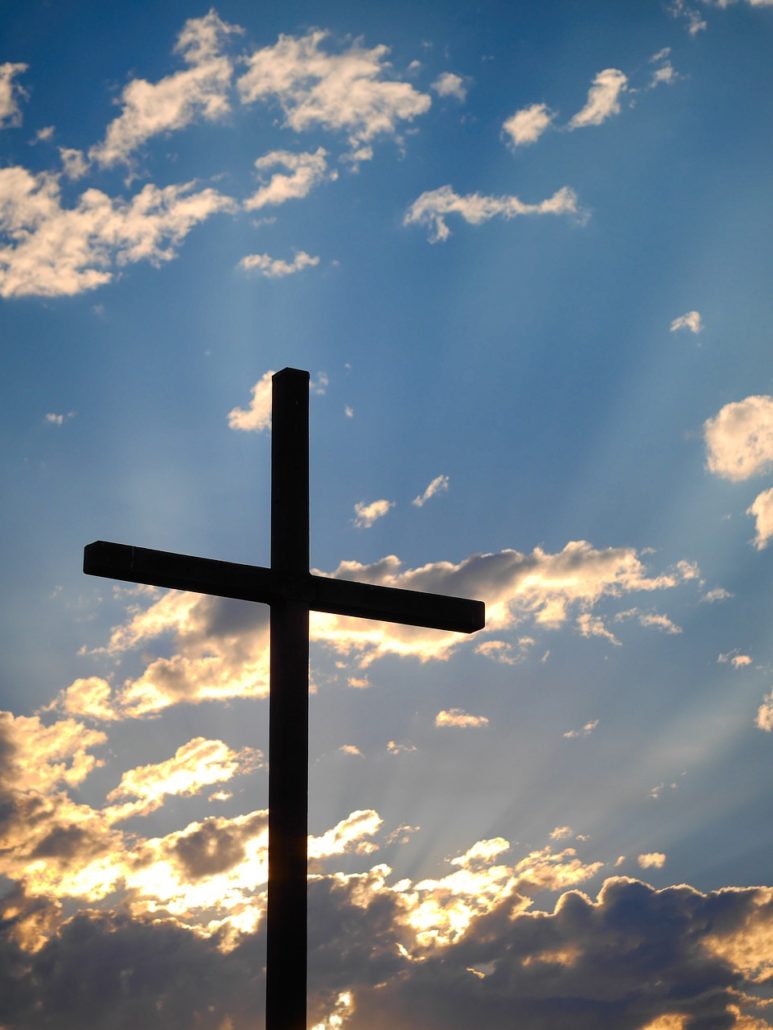the free methodist church in canada
Connecting the past to the present
If you want to understand what makes Free Methodists tick, this is a good place to start. This project began as a video series, but we hope to build on it by creating Bible Study content as well. Stay tuned!

Freedom
Back in the 1700s, a fellow named John Wesley founded the Methodist movement. He taught people throughout England about Jesus. His message: God could turn self-centered people into generous, giving people. Slavery was abolished. Hospitals were built. Child labour reform was enacted, and free health clinics and schools were established.
The Methodist movement found its way to North America, and in 1860, a group of Methodists renewed Wesley’s vision to change the world, one person at a time. B.T. Roberts was the principal founder of this group who called themselves Free Methodists.
Why Free?
Free Methodists were supporters of the anti-slavery movement and believed in equality for all, regardless of ethnic background. They wanted a church “free” for all to belong.
Rented seats were a thing in Methodist churches but Free Methodists saw this as disenfranchising the poor who could not afford to rent a pew. They wanted “free seats” for everyone, regardless of socio-economic status.
Free Methodists wanted to renew John Wesley’s teaching that all Christians could be “free from the domination of sin” in their daily lives.
Free Methodists wanted a “freedom of the Spirit” in their worship services.
Free Methodists wanted all their members to be “free” from secret societies that often divided their loyalties.
All this happened over 160 years ago, so it’s pretty much ancient history right? Wrong! Free Methodists are a thoughtful bunch who are big fans of Wesley’s and Robert’s teachings and the frees that the Free Methodist movement was built upon, so all of these frees can be seen in action in our churches today.
What remains unchanged since its inception, is that Free Methodists still want to introduce people to Jesus, change the world one person at a time, and alleviate suffering.
We are free.
Free Methodists wanted a church “free” for all to belong.
In 1860, B.T. Roberts and others leaders in the Methodist Episcopal Church were abolitionists and very critical of their church for not denouncing slavery. When they left the denomination to form the Free Methodist Church, they became supporters of the anti-slavery movement and believed in equality for all, regardless of ethnic background. Many early Free Methodists were also active in the operation of the Underground Railroad which helped enslaved African Americans escape into free states and Canada.
Today, we continue to pursue diversity and call out systemic and racial injustice in our communities, our country, and around the world. We continue this anti-slavery movement by taking a stand against human trafficking, sexual exploitation, domestic servitude, and forced labour.
Free Methodists introduce people to Jesus, change the world one person at a time, and alleviate suffering.
We are free.


Inclusion
In the 1800s, renting pews was a thing in Methodist churches. Those with money and social status rented the most expensive pews and those with little money and status rented the least expensive pews. B.T. Roberts and other leaders in the Methodist Episcopal Church saw this as disenfranchising the poor who could not afford to rent seats. They wanted “free seats” for everyone, regardless of socio-economic status. When they founded the Free Methodist Church, pew rentals were abolished.
Like John Wesley, founder of the Methodist movement, B.T. Roberts also focused on serving the poor and vulnerable and encouraged Free Methodist churches to do the same. Today, we continue to serve and advocate for the vulnerable, oppressed, marginalized, and people of all ethnicities in our communities.
Free Methodists today still want to introduce people to Jesus, change the world one person at a time, and alleviate suffering.
We are free.
Discipleship
Free Methodists wanted to renew John Wesley’s teaching that all Christians could be “free from the domination of sin” in their daily lives.
“Free from the dominion of sin.” This language sounds a hundred years old, but the idea is as relevant today as it was then. We are ruled by Jesus, not by sin or guilt. Is Wesley talking about the “big sins” listed in the bible? Things like murder, committing adultery, stealing, defrauding, and so on. He sure is, but sin also includes our choices, attitudes, and behaviours that do not show love for self, others, and God.
Free Methodists believe that we are accepted and loved by God even as He continues to shape and mould our character and behavior to become more and more like Him. As we become more like Jesus, his mission to go and make disciples becomes our mission. Free Methodists follow Jesus’ relational discipleship approach. This means we actually want to hang out with people just like Jesus did. We want to know people and be known. We want to support each other in our choices, attitudes, and behaviours and point each other towards God.
Free Methodists today still want to introduce people to Jesus, change the world one person at a time, and alleviate suffering.
We are free.


Innovation
Free Methodists wanted a “freedom of the Spirit” in their worship services.
The spirit referred to here is the Holy Spirit. Think of the Holy Spirit as a helpful sidekick who empowers us to pursue all that is good, most importantly Jesus. Early Free Methodists weren’t about the status quo or keeping things as they had always been. They moved away from strict formality and encouraged Spirit led freedom in their services.
Today, Free Methodists are always discerning where God is moving, and our identity is shaped by values that are both historical and aspirational. There is no one-size-fits-all in what worship or church looks like. Free Methodists welcome a wide variety of worship and church ideas, in whatever shape, size, or creative expression God is revealing.
Free Methodists today still want to introduce people to Jesus, change the world one person at a time, and alleviate suffering.
We are free.
Free Methodists wanted all their members to be “free” from secret societies that often divided their loyalties.
Secret societies? Divided loyalties? This all sounds very 1800s because it is, but the idea is still relevant today. In John Wesley’s time, secret societies were private clubs that explored a specific idea or agenda. Wesley made it clear that God was priority number one, before any type of club or society.
Today, Free Methodists still believe that our first priority and pledge is to Jesus. So before family, work, political party, or social groups there is Jesus. We strive to align every part of our lives with Him and to live in community with Him and others because we are created to belong.
Free Methodists today still want to introduce people to Jesus, change the world one person at a time, and alleviate suffering.
We are free.




